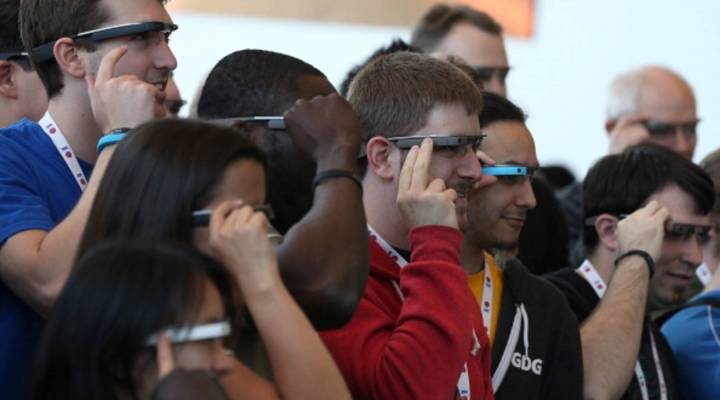
Ruling on Google search highlights privacy rift

The U.S. and EU have disagreed on everything from the regulation of genetically-modified foods to the appropriateness of violence in the movies.
“In the European Union, they’re very heavy on violence being what they consider offensive,” says Cameron Camp, a security researcher with ESET. “In the U.S., you can shoot anything.”
So perhaps it comes as no surprise that they’d diverge on big data as well.
“The European Union has taken a very strong stance, and strong leaning, on privacy,” says Camp.
In the U.S., what’s stronger is “a commitment to free speech, free communication, free content, which very often has deleterious effects for individuals’ privacy,” says Ken Bamberger, a professor of law at UC Berkeley, says much of the disagreement is rooted in tradition.
A possible solution? Companies could great a global code of conduct that attemps to comply with everyone’s laws.
There’s a lot happening in the world. Through it all, Marketplace is here for you.
You rely on Marketplace to break down the world’s events and tell you how it affects you in a fact-based, approachable way. We rely on your financial support to keep making that possible.
Your donation today powers the independent journalism that you rely on. For just $5/month, you can help sustain Marketplace so we can keep reporting on the things that matter to you.












